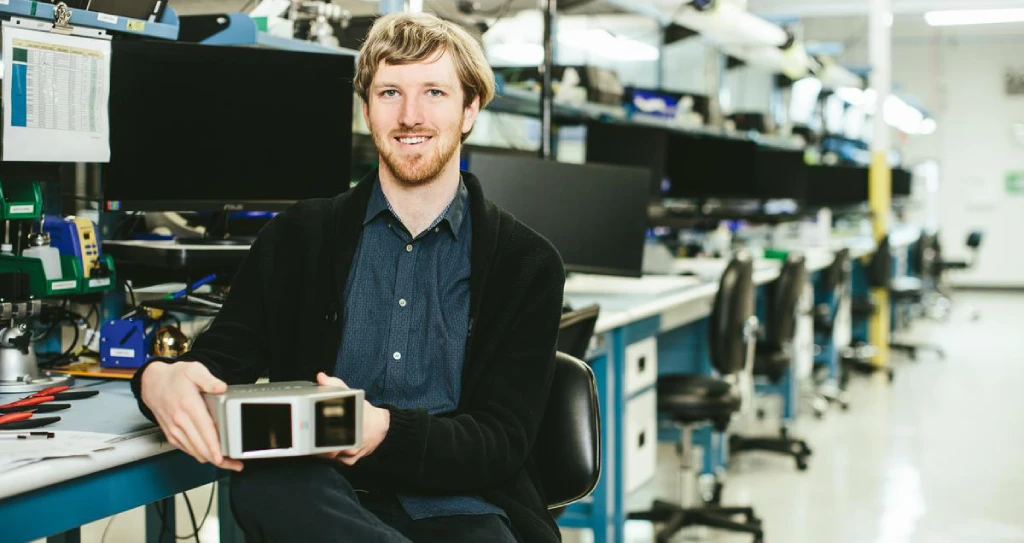There has never been a more thrilling—or dangerous—time to invest in AI businesses. Large corporations like Google, Microsoft, and OpenAI are rapidly expanding their capacity to engulf many of the products and services provided by smaller businesses. At the same time, new businesses are progressing through the growth stage far more quickly than in the past.
But defining “growth stage” in AI startups is not so cut-and-dried today.
Onstage at TechCrunch Sessions: AI on Thursday, Jill Chase, a partner at CapitalG, stated that she is seeing an increasing number of startups that are just a year old but have already achieved tens of millions in recurring income annually and a valuation of over $1 billion. Those businesses may be considered mature because of their income and valuation, but they frequently lack the executive, hiring, and safety infrastructure that is required.
On the one hand, that is quite thrilling. It embodies this new, incredibly rapid growth tendency, which is fantastic,” Chase remarked. “However, it is a little frightening since I am going to pay $X billion for a business that did not exist a year ago, and things are moving so fast.”
Chase went on, “Who knows who is in a garage someplace, maybe in this audience somewhere, building a business that will be much better in a year than this one I am investing in that is at $50 million ARR today?” “Therefore, growth investment has become somewhat perplexing.”
According to Chase, investors need to be confident in the category and the “founder’s ability to very quickly adapt and see around corners” in order to cut through the clutter.
One excellent example of a business that “jumped on the exact appropriate use case of AI code creation that was available and doable given the technology at the time” is the AI coding startup Cursor, she said.





Leave feedback about this